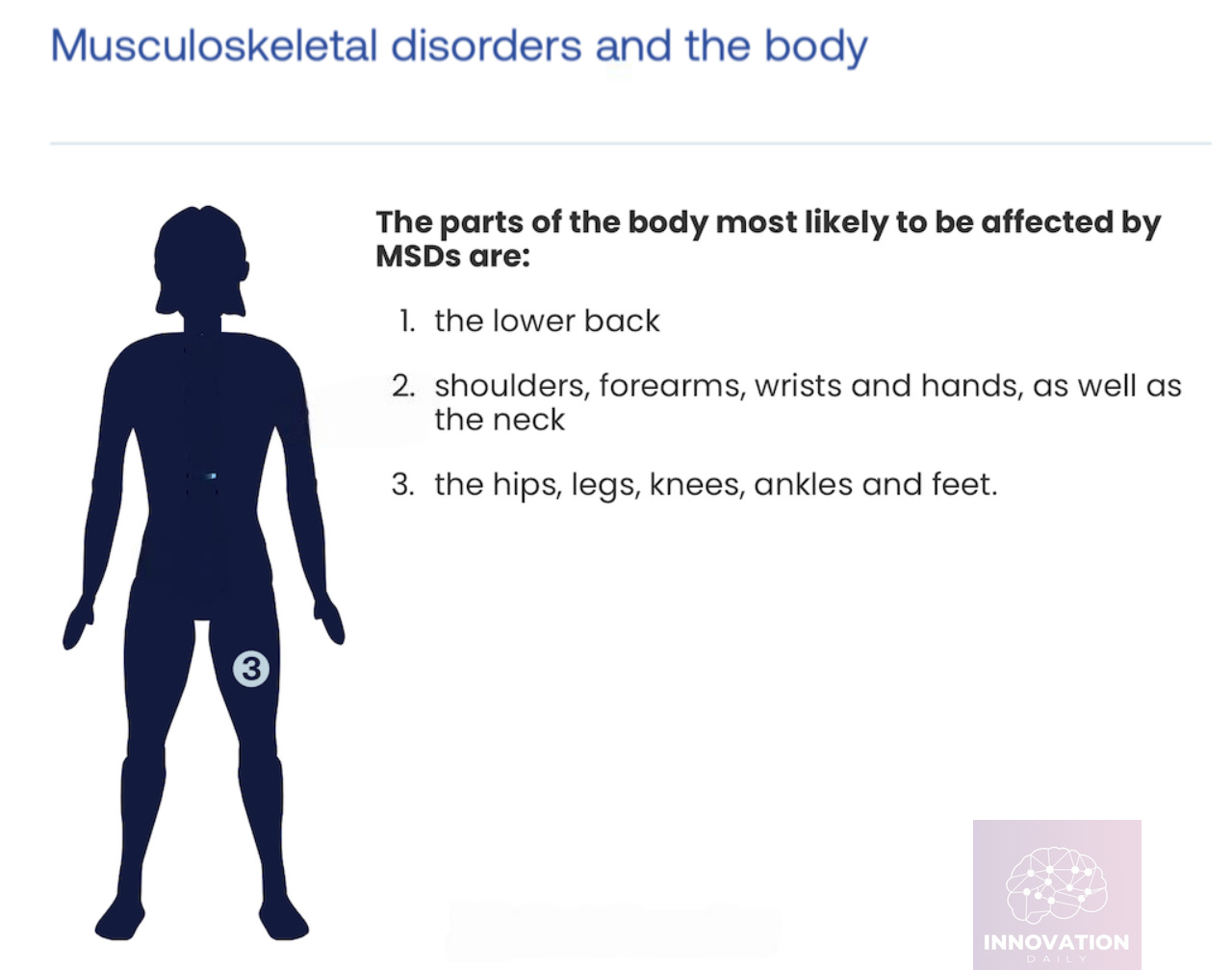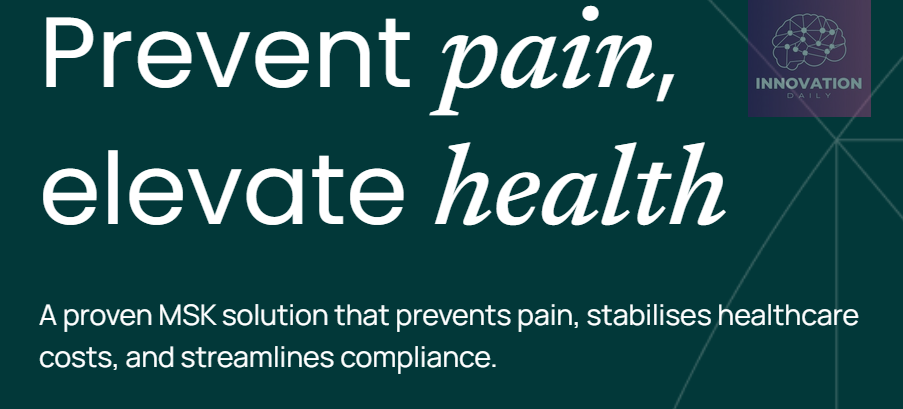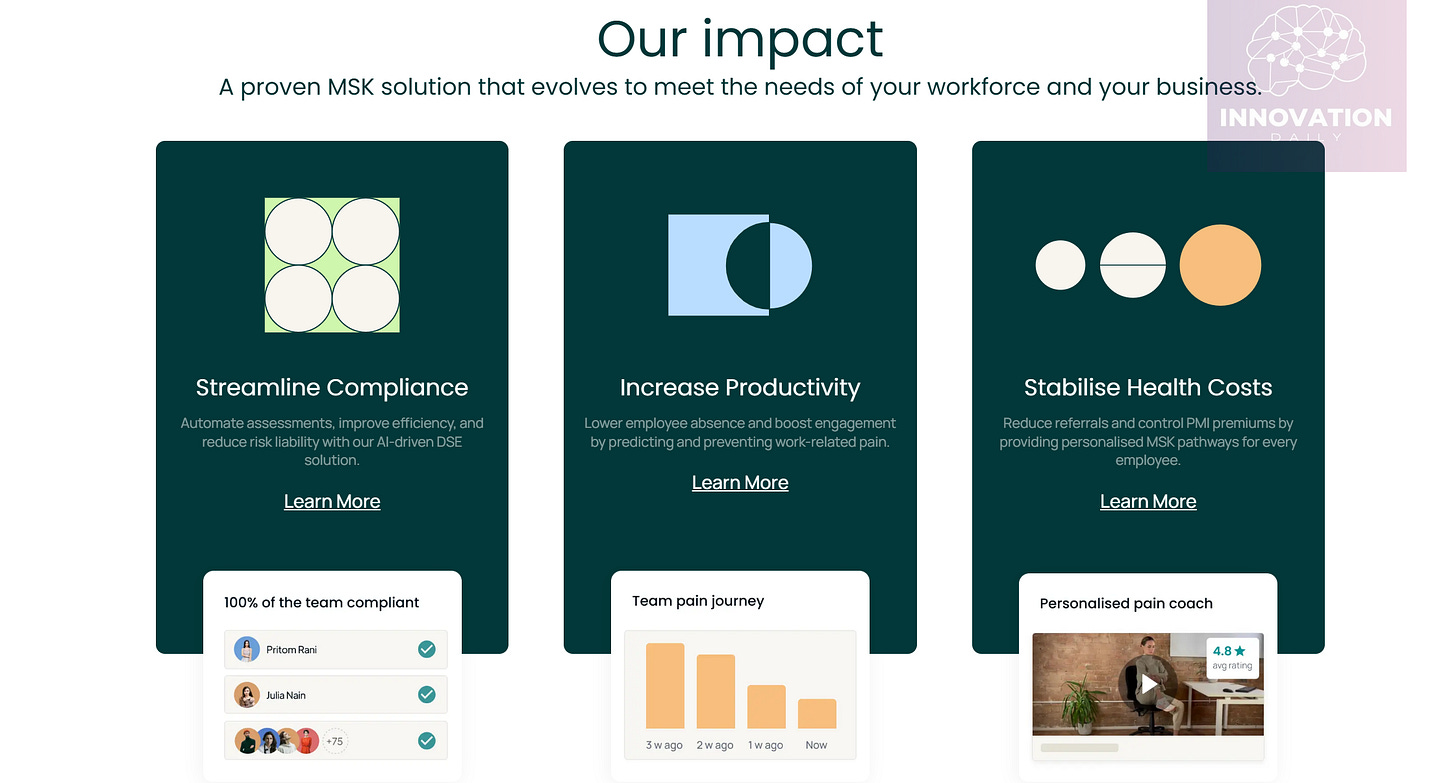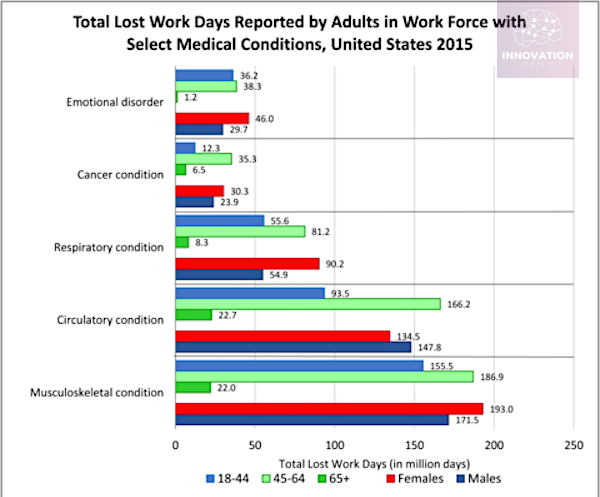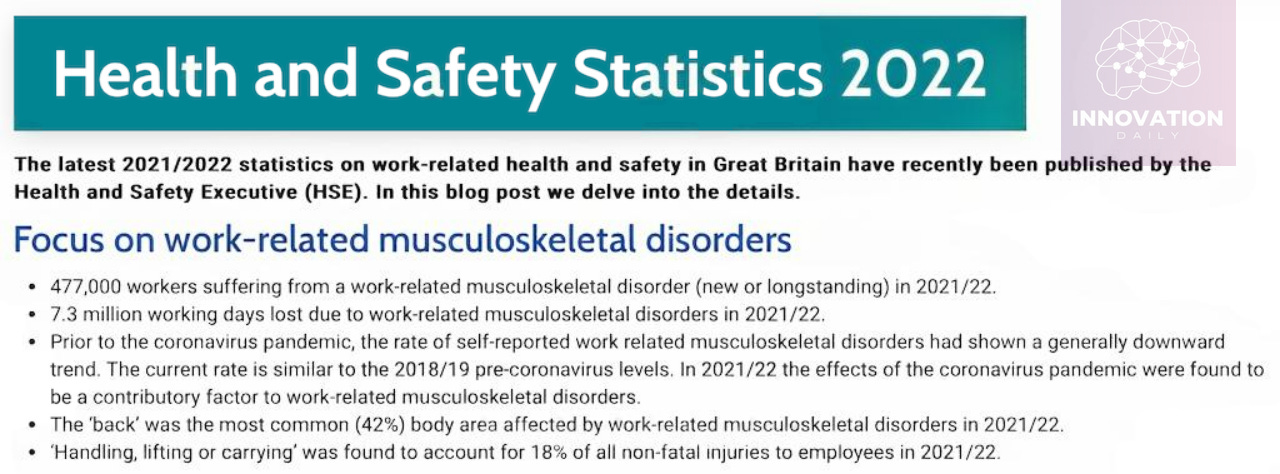The Silent Epidemic
Today’s featured startup is using AI to fight the desk job pain we’ve all learned to ignore.
Project Overview
Vitrue Health is tackling a problem that millions silently endure every day — neck and back pain caused by prolonged computer work. The startup helps employers certify the ergonomics of their teams’ workstations and goes even further by offering personalized, tech-powered solutions to reduce pain and prevent long-term musculoskeletal disorders.
In countries like the UK, employers are legally required to provide ergonomically sound workspaces for employees working with computers. With the rise of remote work, those regulations have extended to home offices as well — and Vitrue Health is here to help companies stay compliant while actually improving the well-being of their teams.
The startup’s platform enables companies to assess and certify both in-office and remote workspaces. But more importantly, it offers individual assessments and recovery programs tailored to each user’s specific pain points — combining physical therapy insights, ergonomics, and AI to deliver results that go beyond checkboxes.
What’s the Gist?
What starts as a workplace ergonomics tool quickly turns into a personal health companion. Vitrue Health customizes desk setup recommendations based not only on certification requirements, but also on an individual’s posture, pain type, and job demands. This level of personalization matters — because no two bodies hurt the same way.
Once a person’s workspace is optimized and certified, the platform delivers a 10-day training program that teaches users how to work in ways that prevent and relieve pain. This includes physical exercises carefully chosen based on each user’s needs — and paired with easy-to-understand explanations of the biomechanics behind them. The goal isn’t just compliance; it’s real, lasting habit change.
The platform also includes tools that proactively engage users during the workday, nudging them to adjust their posture or take breaks at the right time — helping healthy behavior become second nature.
One subtle but powerful feature: the platform regularly surveys users about their physical condition and pain levels. It then generates reports for company leadership, showing whether investments in employee health are actually paying off — and helping managers spot emerging problems early.
Vitrue Health offers three pricing tiers for companies of different sizes (you’ll need to contact them directly for quotes). Like many modern SaaS solutions, the platform highlights its use of AI — including computer vision that analyzes sitting posture in real time and provides actionable feedback.
The startup has been around since 2018 and already works with a number of corporate clients. It recently raised €3.7 million in fresh funding, bringing its total to €6.5 million.
Key Takeaways
What drew my attention to Vitrue Health was personal — my own nagging neck and shoulder pain after years of daily computer work. But it turns out I’m far from alone.
According to the World Health Organization, 1.71 billion people globally suffered from musculoskeletal conditions in 2022. Many of these issues are directly tied to sedentary, screen-focused work — and the problem only worsened during the pandemic. People swapped office chairs for bar stools, couches, or kitchen tables — often working in setups that exacerbated pain and led to long-term harm.
Even before COVID, the situation wasn’t great. In the U.S., musculoskeletal disorders were the leading cause of lost workdays in 2015 — more than mental health, colds, or cardiovascular diseases.
And in the UK, between 2021 and 2022, 477,000 people experienced work-related musculoskeletal issues. That translated into 7.3 million lost working days — a massive hit to productivity. In fact, chronic pain can reduce a person’s productivity by up to 20%, representing a measurable financial loss for companies.
The message is clear: preventing or alleviating pain caused by desk work isn’t just good for employee health — it’s a business decision that pays off.
We’ve already seen how the rise in mental health awareness gave birth to a wave of startups and billion-dollar apps. Musculoskeletal health may be next. The problem is just as large, just as serious — and unlike stress or anxiety, it’s physically tangible. You feel it. You can’t ignore it. You can only manage it consistently.
Now that AI and computer vision can tailor interventions to each person’s unique posture and pain profile, there’s a real opportunity to build impactful, high-retention products in this space.
The only thing missing? Hype. Musculoskeletal pain just isn’t trendy — yet. But it checks every box for a breakout category.
And more importantly, solving it is something people will genuinely appreciate — with or without the buzz.
Company info:
Vitrue Health
Website: vitruehealth.com
Last round: €3.7M, 29.02.2024
Total funding: €6.5M across 5 rounds




